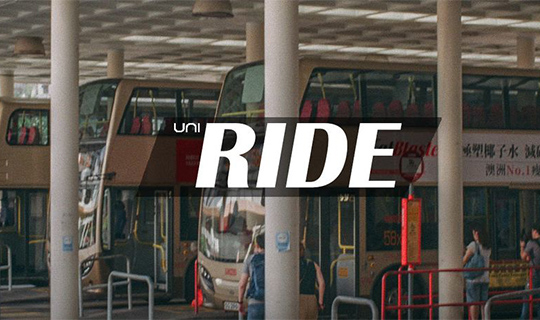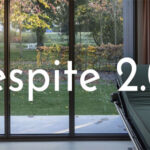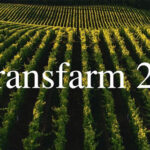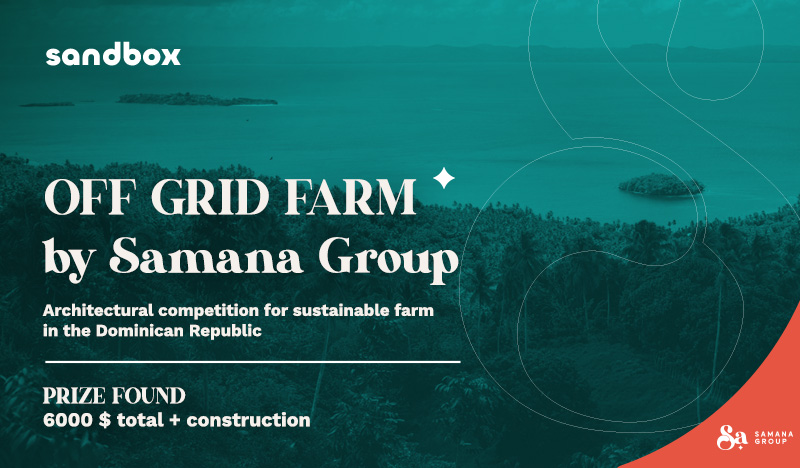Submission: April 19, 2022
Registration: April 18, 2022
Language: English
Location: Dallas, United States
Prizes: Please see the details below
Type: Open
Buses, Trains, Taxis, and other forms of native transport systems in different parts of the world have provided humans with an option of hassle-free transit options within cities and states. These transit systems have adapted to the needs of the particular locality ever since their inception. The purpose of such a public transit system is that it helps reduce the clutter on the street which has far-reaching effects on the economy and the environment.
Contrary to its intentions, the scenario of public transport is seen to be substandard due to neglect, which creates a negative image of the system. The current situation around the world is that vehicular pollution has undeniably gone through the roof and measures to curb this have been implemented around the world. But not all of these systems would prove feasible over the long run or even sustainable.
The endorsement of public transit by citizens has never been more urgent. But while the operational infrastructure of the transport facility is in place, its use is restricted as not much forethought is placed on the quality of travel and well-being of passengers.
Challenge
The hub will also cater to after transit support/private vehicles (cab, rental etc.) that acts as the central station for the entire city, making it easy to provide transport modes to reach every corner of the region.
The hub would contain stations for public buses and other transport options within and outside the state. While most of the public transit systems offer a place for the vehicles to be parked and boarded, creating a hub would converge all transit-related processes to one place, making it easier for people to come to and disperse from the city centre, where facilities are currently concentrated. This initiative would improve accountability and transparency in the process as well as encourage people to use public transit more.
A central transit hub that is also decentralised can increase accessibility and convenience for people to use it more often while improving the circulation within the city and with higher standards. The hub will also cater to other needs of commuters of leisure and rest stop facilities with the provision of snacks and refreshments, before and after travel time.
Schedule
17 November 2021, 4:00 PM GMT+01:00 – Regular registration starts
17 November 2021, 4:00 PM GMT+01:00 – Public voting starts
18 April 2022, 5:00 PM GMT+02:00 – Regular registration ends
19 April 2022, 5:00 PM GMT+02:00 – Submission ends
04 May 2022, 5:00 PM GMT+02:00 – Shortlisted entries announced
10 May 2022, 5:00 PM GMT+02:00 – Jury evaluation starts
03 June 2022, 5:00 PM GMT+02:00 – Jury evaluation ends
04 June 2022, 5:00 PM GMT+02:00 – Public voting ends
16 June 2022, 5:00 PM GMT+02:00 – Result announcement
Eligibility
- The minimum eligible age for participation is 18 years.
- The competitions are open worldwide for designers from any discipline.
- You can participate as an individual or as a team of a maximum of 4 members.
- All students and professionals can participate in the competitions.
- For Students: A student is someone who is currently enrolled in a full-time graduate/undergraduate program at a university anywhere in the world on the date of registration. We will need proof of identity upon the result declaration. The proof of identity should clearly state that you were enrolled in the institution at the time of registration. You may also produce a bonafide/authorized certificate from the institution as proof of identity. Students are allowed to involve one mentor/professor/guide in their team provided the mentor has been authorized via a bonafide certificate of the University.
- All the participants who do not belong to the student category will be considered professionals by default. Ph.D. candidates will also be considered professionals.
- Institutional access is a program for students only if they are participating in the competition as a group of 20 people and want to submit 5-20 entries together. Institutional access has to be done under the guidance of a mentor/professor.
- A team with even one professional will be considered as a professional entry.
Awards and Fees
The fee to participate grows based on the number of registrations received. Similarly, the prize money proportionally grows with rising participating entries. A total of 500 entries will be accepted in the competition till the last deadline. If the competition reaches a total registered entry of 500, then the participation process will be closed at a total prize pool of 24,000 USD. This implies, the sooner you register, the less you will pay as fees. More number of teams you will compete with, the higher the amount of prize you will be entitled to receive.
As for the awards that a competition will result in, there are the following types of awards
- Winner – 6000 USD
- Runner-up 6 x 1400 USD
- Honorable Mention 12 x 600 USD
The first three are decided based on the jury scores.
- People’s Choice 4 x 600 USD
This is driven by people’s votes or likes on the platform.
- Organizer’s Choice Award
- Editor’s Choice Award
These are chosen by the organizing committee and the curatorial/editorial committee of UNI, respectively, to recognize the value brought to the competition by some projects that may not have won in any other categories.








